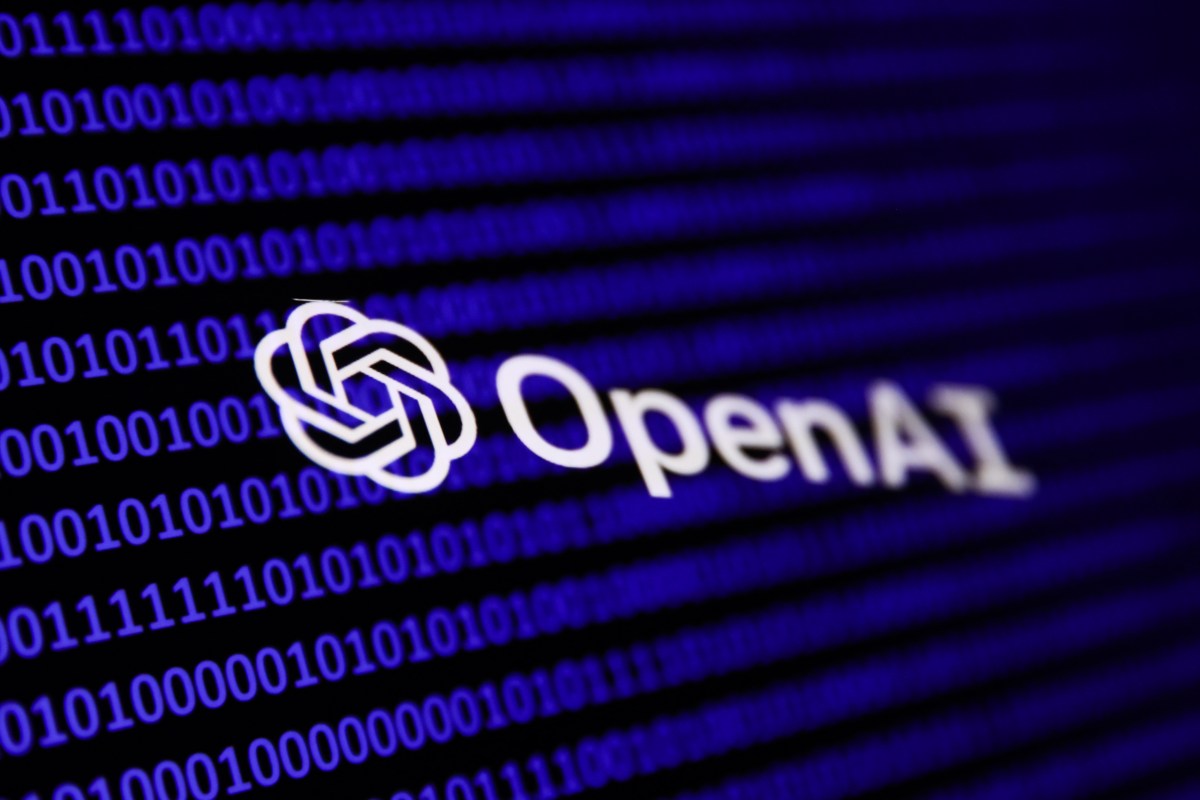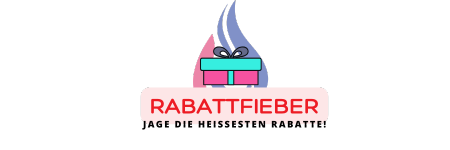
OpenAI has been accused by many events of coaching its AI on copyrighted content material sans permission. Now a brand new paper by an AI watchdog group makes the intense accusation that the corporate more and more relied on private books it didn’t license to coach extra subtle AI fashions.
AI fashions are basically advanced prediction engines. Educated on a variety of information — books, films, TV exhibits, and so forth — they be taught patterns and novel methods to extrapolate from a easy immediate. When a mannequin “writes” an essay on a Greek tragedy or “attracts” Ghibli-style pictures, it’s merely pulling from its huge data to approximate. It isn’t arriving at something new.
Whereas a variety of AI labs, together with OpenAI, have begun embracing AI-generated information to coach AI as they exhaust real-world sources (primarily the general public internet), few have eschewed real-world information fully. That’s probably as a result of coaching on purely artificial information comes with dangers, like worsening a mannequin’s efficiency.
The brand new paper, out of the AI Disclosures Challenge, a nonprofit co-founded in 2024 by media mogul Tim O’Reilly and economist Ilan Strauss, attracts the conclusion that OpenAI probably educated its GPT-4o mannequin on paywalled books from O’Reilly Media. (O’Reilly is the CEO of O’Reilly Media.)
In ChatGPT, GPT-4o is the default mannequin. O’Reilly doesn’t have a licensing settlement with OpenAI, the paper says.
“GPT-4o, OpenAI’s more moderen and succesful mannequin, demonstrates robust recognition of paywalled O’Reilly e book content material … in comparison with OpenAI’s earlier mannequin GPT-3.5 Turbo,” wrote the co-authors of the paper. “In distinction, GPT-3.5 Turbo exhibits better relative recognition of publicly accessible O’Reilly e book samples.”
The paper used a technique known as DE-COP, first launched in a tutorial research in 2024, designed to detect copyrighted content material in language fashions’ coaching information. Also called a “membership inference assault,” the tactic exams whether or not a mannequin can reliably distinguish human-authored texts from paraphrased, AI-generated variations of the identical textual content. If it might, it means that the mannequin might need prior data of the textual content from its coaching information.
The co-authors of the paper — O’Reilly, Strauss, and AI researcher Sruly Rosenblat — say that they probed GPT-4o, GPT-3.5 Turbo, and different OpenAI fashions’ data of O’Reilly Media books revealed earlier than and after their coaching cutoff dates. They used 13,962 paragraph excerpts from 34 O’Reilly books to estimate the chance {that a} specific excerpt had been included in a mannequin’s coaching dataset.
In keeping with the outcomes of the paper, GPT-4o “acknowledged” way more paywalled O’Reilly e book content material than OpenAI’s older fashions, particularly GPT-3.5 Turbo. That’s even after accounting for potential confounding components, the authors mentioned, like enhancements in newer fashions’ potential to determine whether or not textual content was human-authored.
“GPT-4o [likely] acknowledges, and so has prior data of, many private O’Reilly books revealed previous to its coaching cutoff date,” wrote the co-authors.
It isn’t a smoking gun, the co-authors are cautious to notice. They acknowledge that their experimental technique isn’t foolproof and that OpenAI may’ve collected the paywalled e book excerpts from customers copying and pasting it into ChatGPT.
Muddying the waters additional, the co-authors didn’t consider OpenAI’s most up-to-date assortment of fashions, which incorporates GPT-4.5 and “reasoning” fashions similar to o3-mini and o1. It’s potential that these fashions weren’t educated on paywalled O’Reilly e book information or had been educated on a lesser quantity than GPT-4o.
That being mentioned, it’s no secret that OpenAI, which has advocated for looser restrictions round growing fashions utilizing copyrighted information, has been looking for higher-quality coaching information for a while. The corporate has gone as far as to hire journalists to help fine-tune its models’ outputs. That’s a development throughout the broader trade: AI corporations recruiting specialists in domains like science and physics to effectively have these experts feed their knowledge into AI systems.
It needs to be famous that OpenAI pays for at the very least a few of its coaching information. The corporate has licensing offers in place with information publishers, social networks, inventory media libraries, and others. OpenAI additionally gives opt-out mechanisms — albeit imperfect ones — that permit copyright homeowners to flag content material they’d choose the corporate not use for coaching functions.
Nonetheless, as OpenAI battles a number of fits over its coaching information practices and therapy of copyright legislation in U.S. courts, the O’Reilly paper isn’t essentially the most flattering look.
OpenAI didn’t reply to a request for remark.
Trending Merchandise











